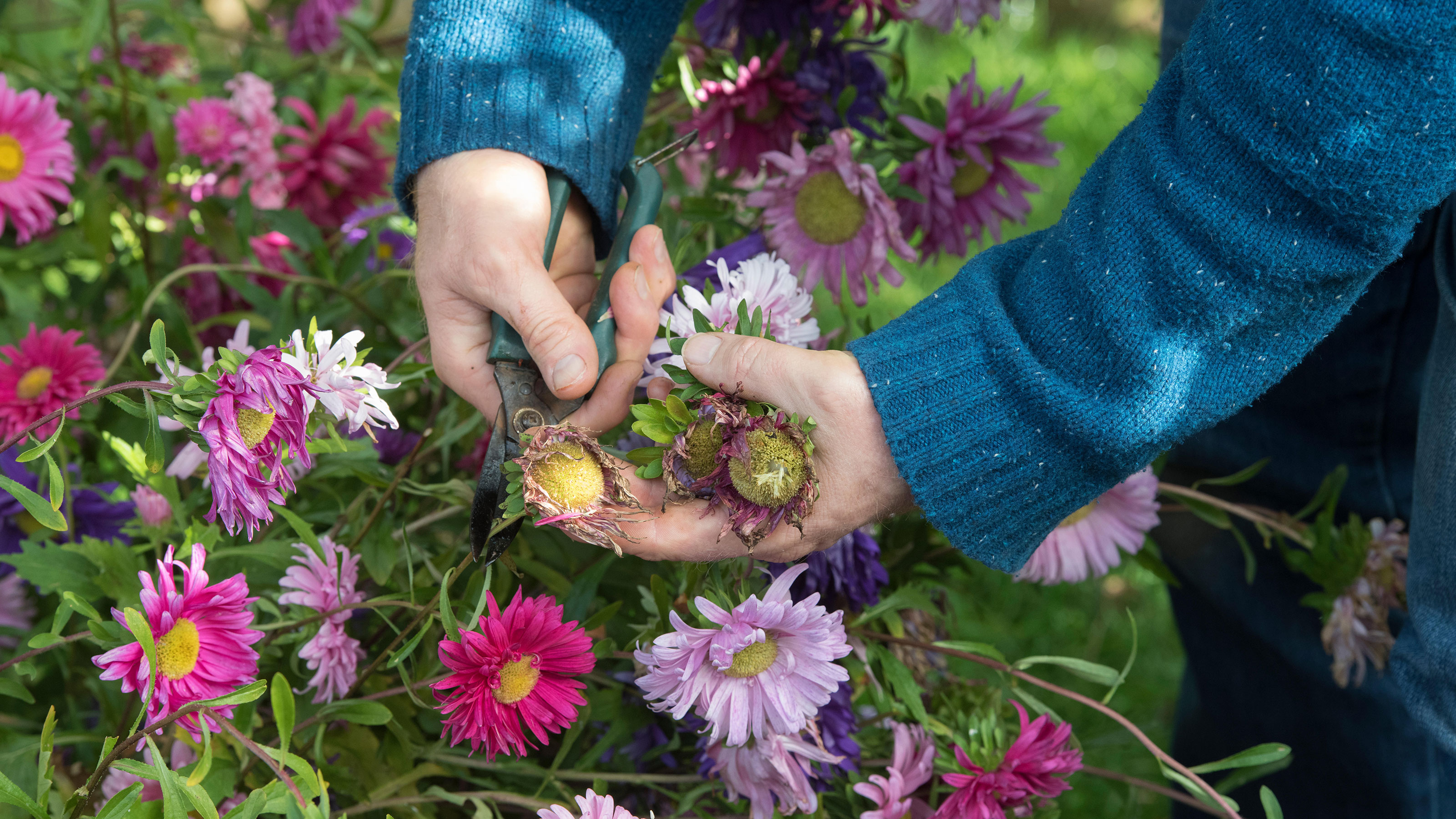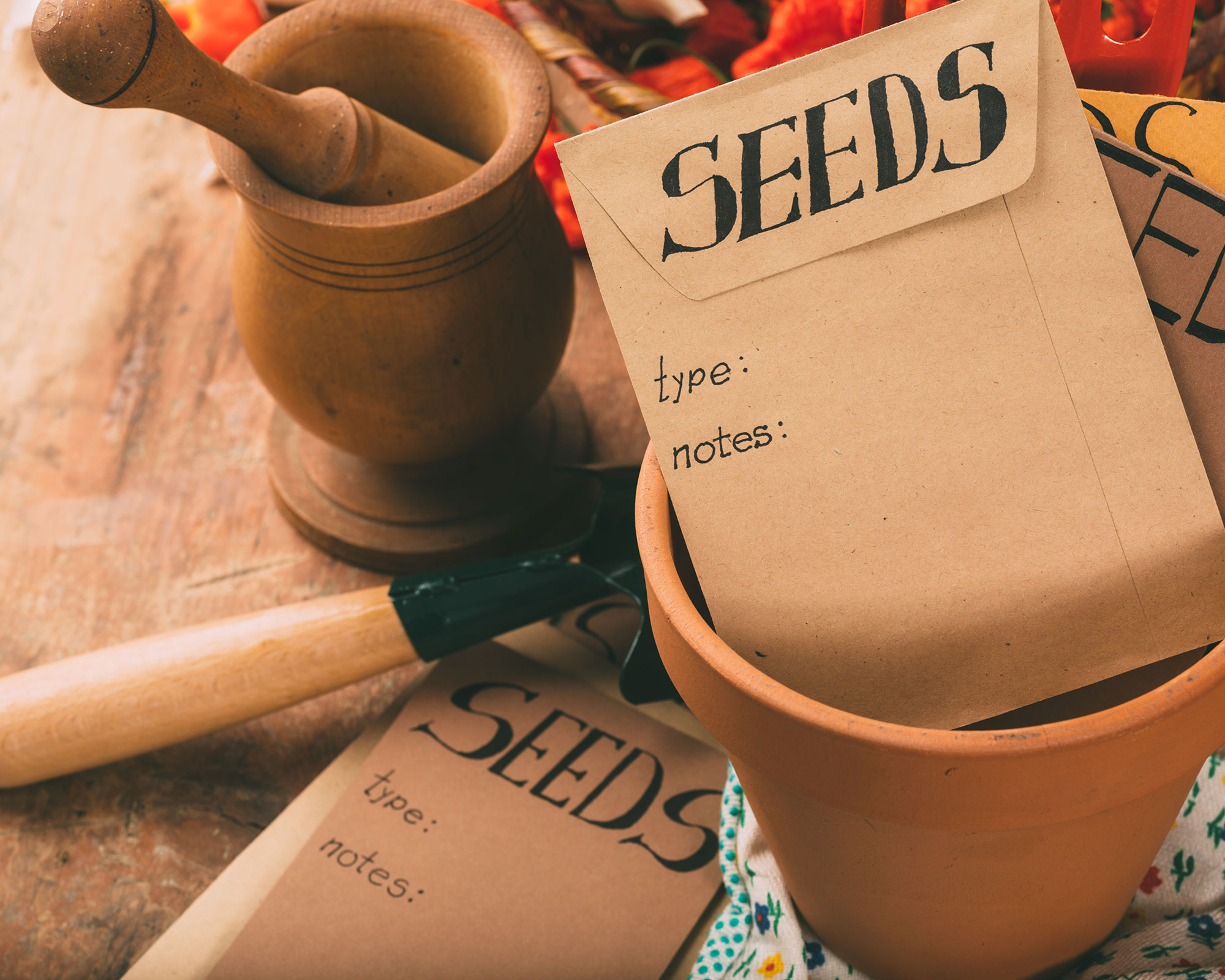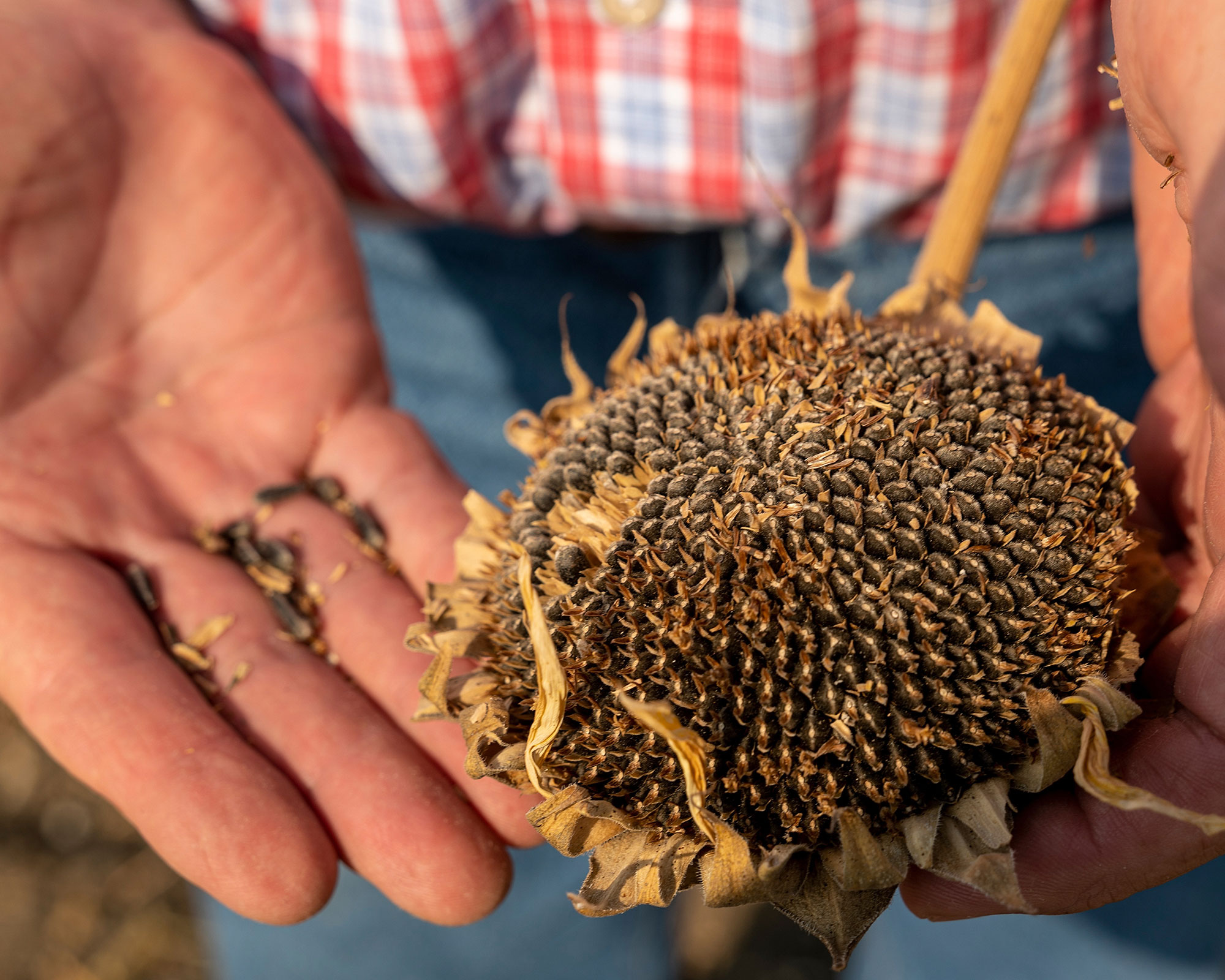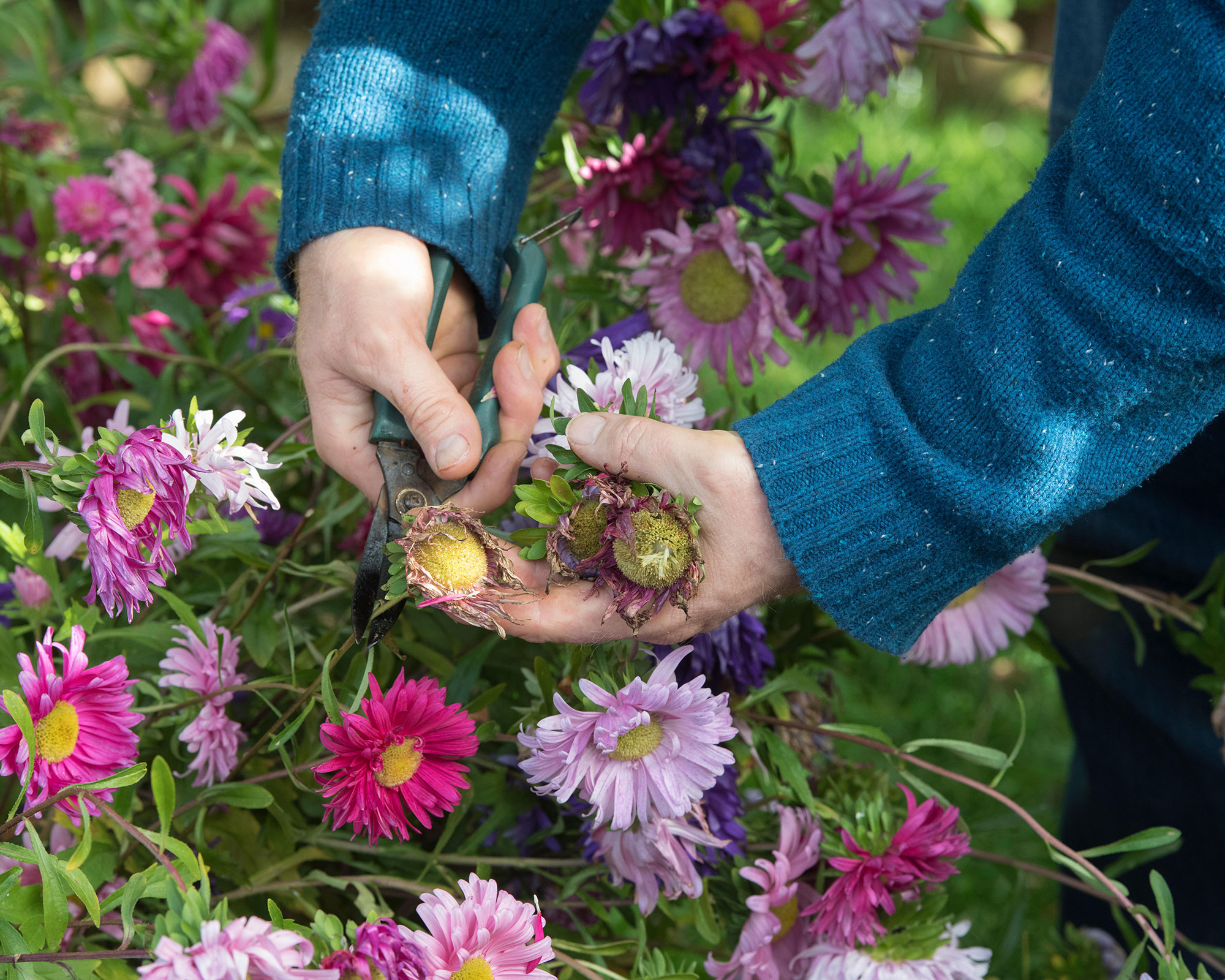Experts reveal the easiest thing you can do in fall to save money in the garden
If you want to make the most of the beautiful flowers and bountiful fruit and veg in your backyard, take a little time to gather their seeds in fall


Fall is the season of mists and mellow fruitfulness, stunning colors in our gardens and harvest time for many of the crops we've carefully tended to over the summer months.
It's also the optimum time for completing a relatively simple task that could save you lots of money on plants. Experts advise that by collecting seeds from flowers you’ve enjoyed all summer, you can keep more money in your pocket in the year ahead.
'I collect seeds close to the end of the growing season,' says agriculturist Shelby DeVore, founder of Farminence, offering advice on self-sufficiency. 'I allow the fruits to stay ripe on the plant and become overly ripe. This gives the seeds time to mature completely on the plant.'

Why this money-saving task is simple to do
Some of the easiest plants to gather seeds from are also the easiest to grow, so whether you're harvesting sunflowers seeds or collecting them from other easy-to-raise flowering favorites such as nasturtiums, poppies, sweet peas, cosmos, zinnia or hardy hibiscus, it's not a tricky task.
'When it comes to vegetables, peppers, peas, cucumber, melon, and beans are great choices for seed saving because these are open-pollinated plants,' says Jen McDonald, certified organic garden specialist and co-founder of Garden Girls, a garden design company based in Houston.
'The seed babies will often look just like their parent crop when it’s time to harvest. If you’ve had a particularly successful season growing a favorite pepper variety, you’ll appreciate saving the seed for the next season.'
Most seeds can be stored on paper in a dry, dark, cool place. Some seeds have a gel-like coating. Ferment such seeds in water for a few days to remove the coating, then dry as above.

Which plants to choose?
As your plants grow, bloom, and produce, pay attention to the ones that really thrive, is Shelby’s advice: 'If you have one plant that outperforms the others, that's the one that you want to keep the seeds from.'
However, be aware that a lot of plants bough from garden centers are hybrids – labelled 'hybrid' or 'F1' varieties. This means it has been developed by plant breeders to exhibit certain characteristics, such as pest-resilience, or a particular petal color.
'You can keep the seeds of some hybrid plants, but this is where you'll have to really do your research, or experiment with growing them out, since they may not breed true,' warns Shelby.
'If they don't breed true, you'll end up with plants that are slightly different than the parent plants. Sometimes the change is very slight, such as leaf shape or size, or it's very dramatic like dwarf plants or different-colored blooms.'

Swap and save money
Saving your own seeds is very exciting for a gardener as it allows you to focus on specific varieties of plants you want and – to an extent – control the growing process from the start. You will definitely save money by getting lots more free plants and can become self-sufficient if you really want to.
And, says Washington-based gardening blogger and writer Kathy Gentz, 'the final reason to collect seeds is to trade them.' It's certainly one of the easiest ways to get free seeds for your own collection.
'You may have 100s of cleome seeds and another gardener has 100s of poppy seeds,' says Kathy. 'Why not trade a few hundred with each other? Again, you are getting new plants for free or close to it. Seed trading is a whole world unto itself. There are online groups, pen pal lists, and clubs for seed swapping.'
Will you be giving this free garden idea a go this fall?

Jayne Dowle is an award-winning gardening, homes and property writer who writes for publications including Sunday Times Home, Times Bricks & Mortar, Grand Designs, House Beautiful and The Spectator. She was awarded the Garden Journalist of the Year accolade at the Property Press Awards in 2021.
